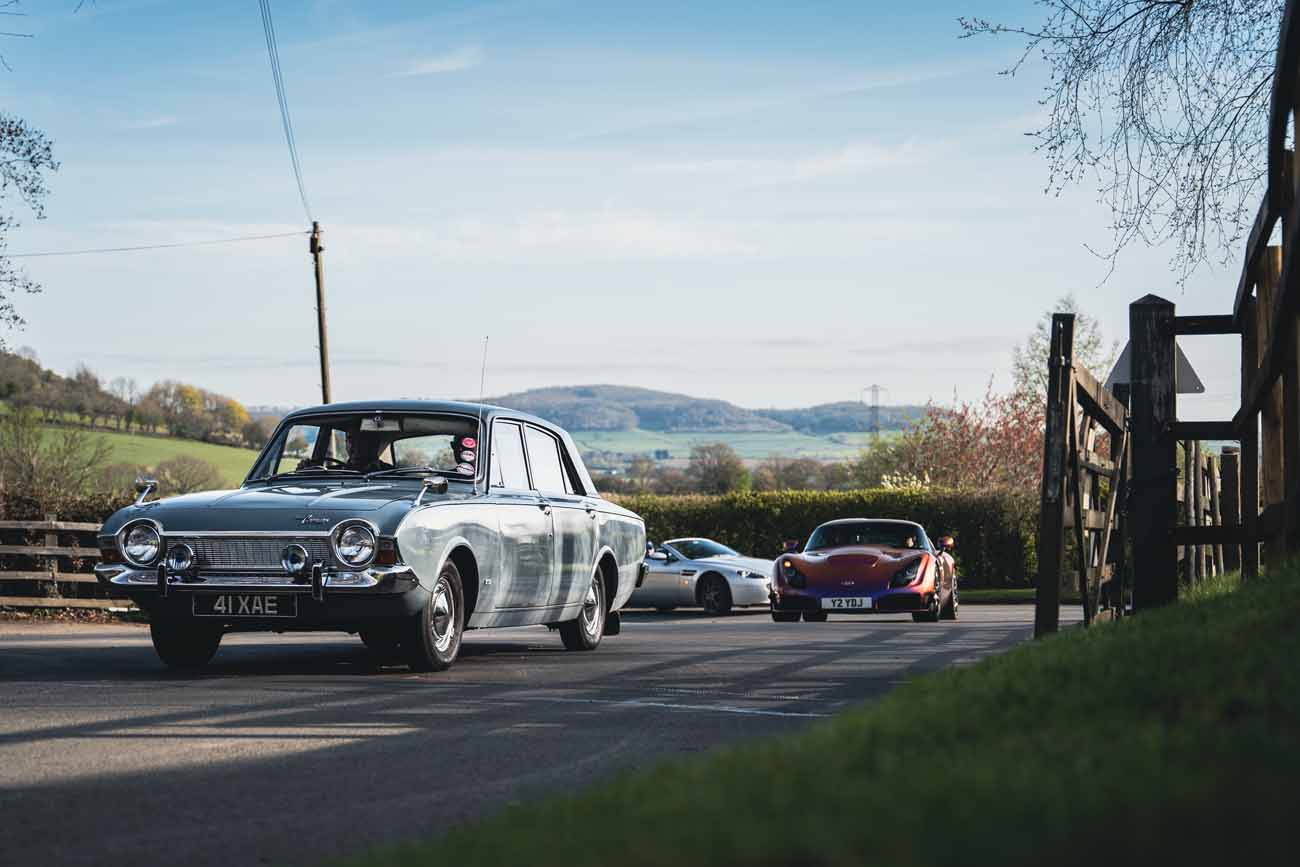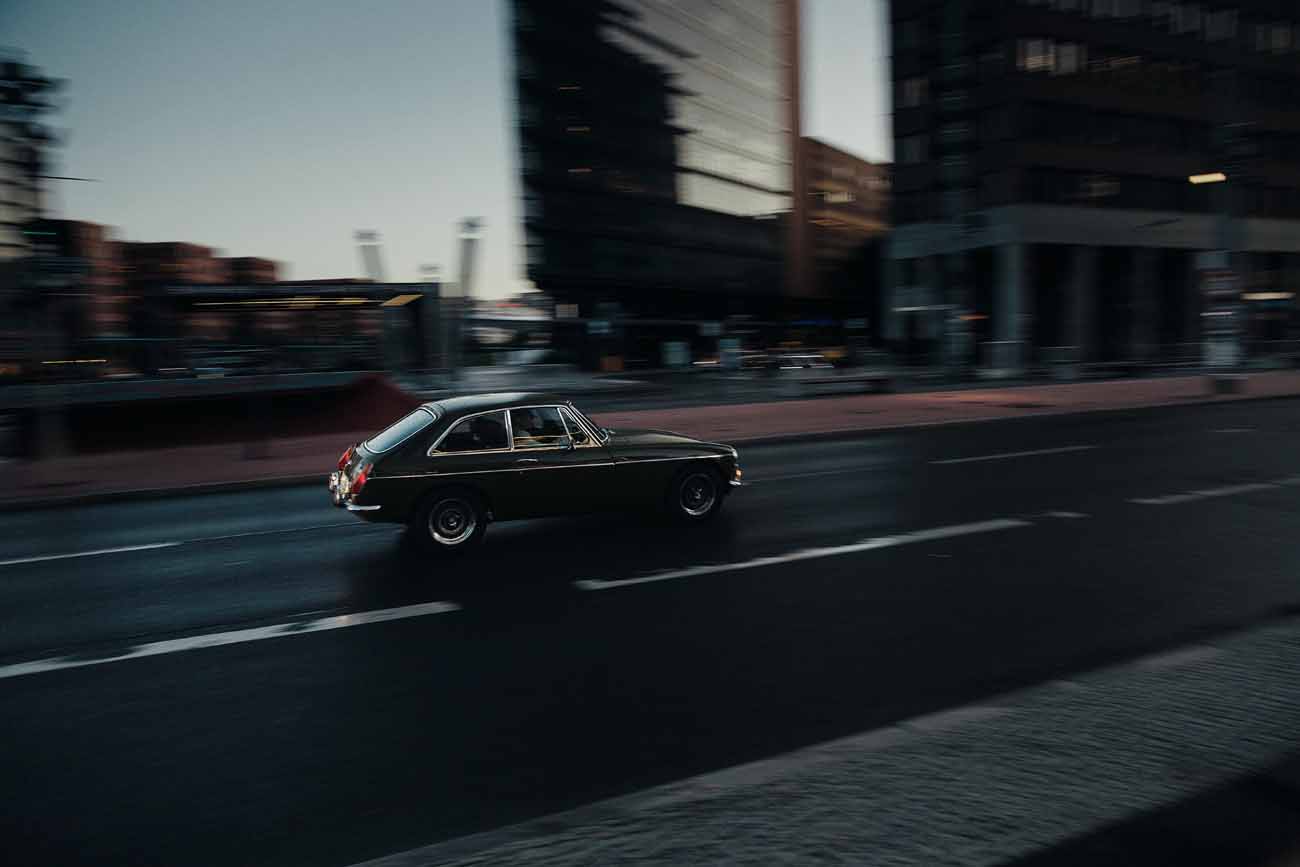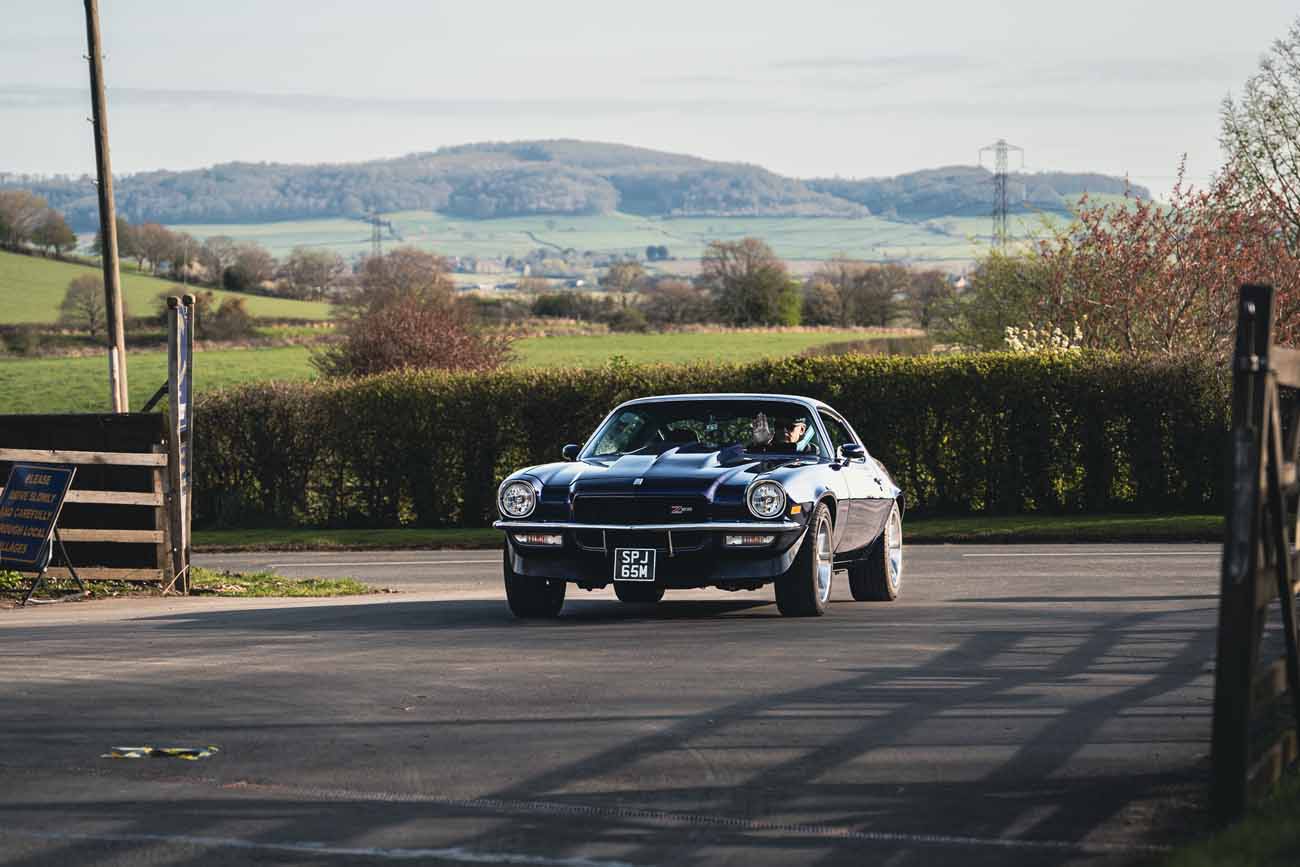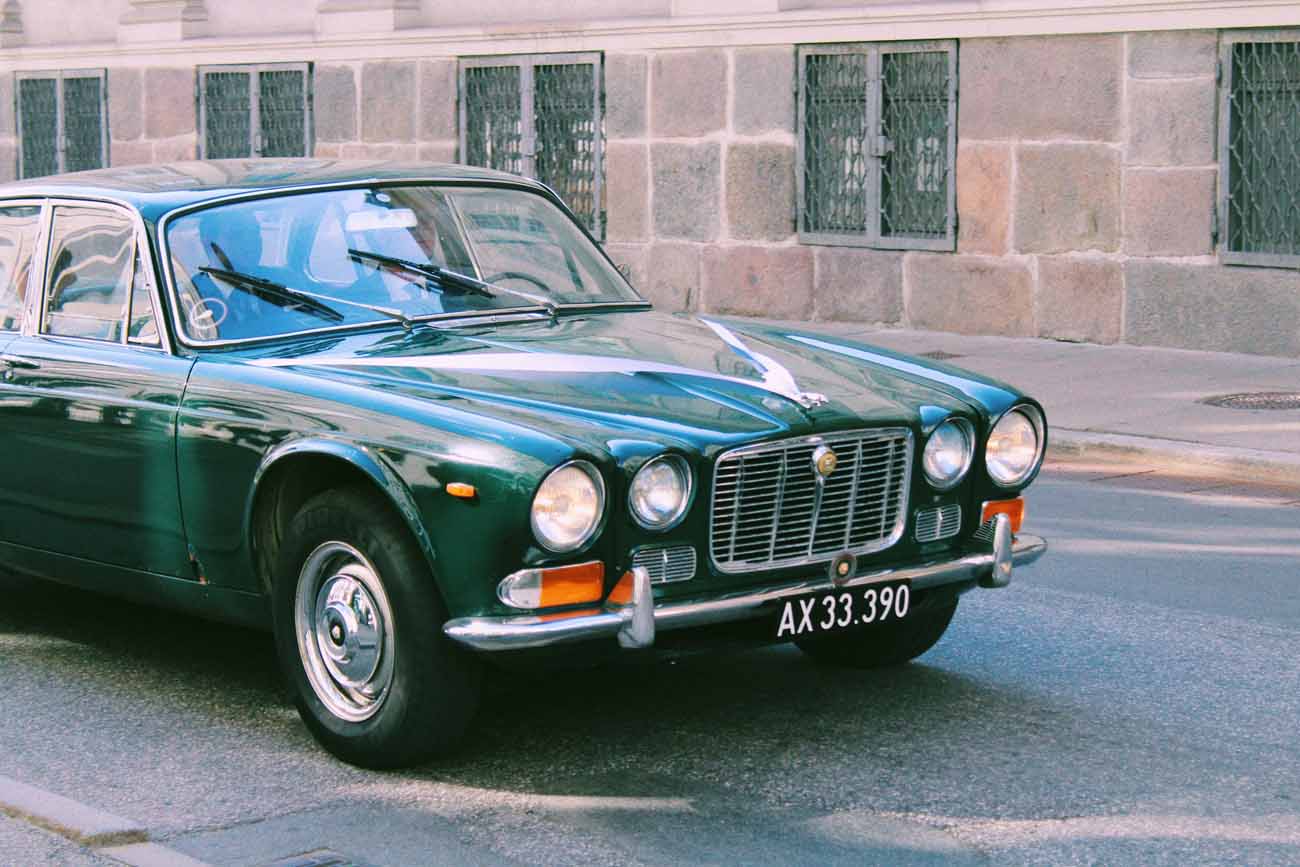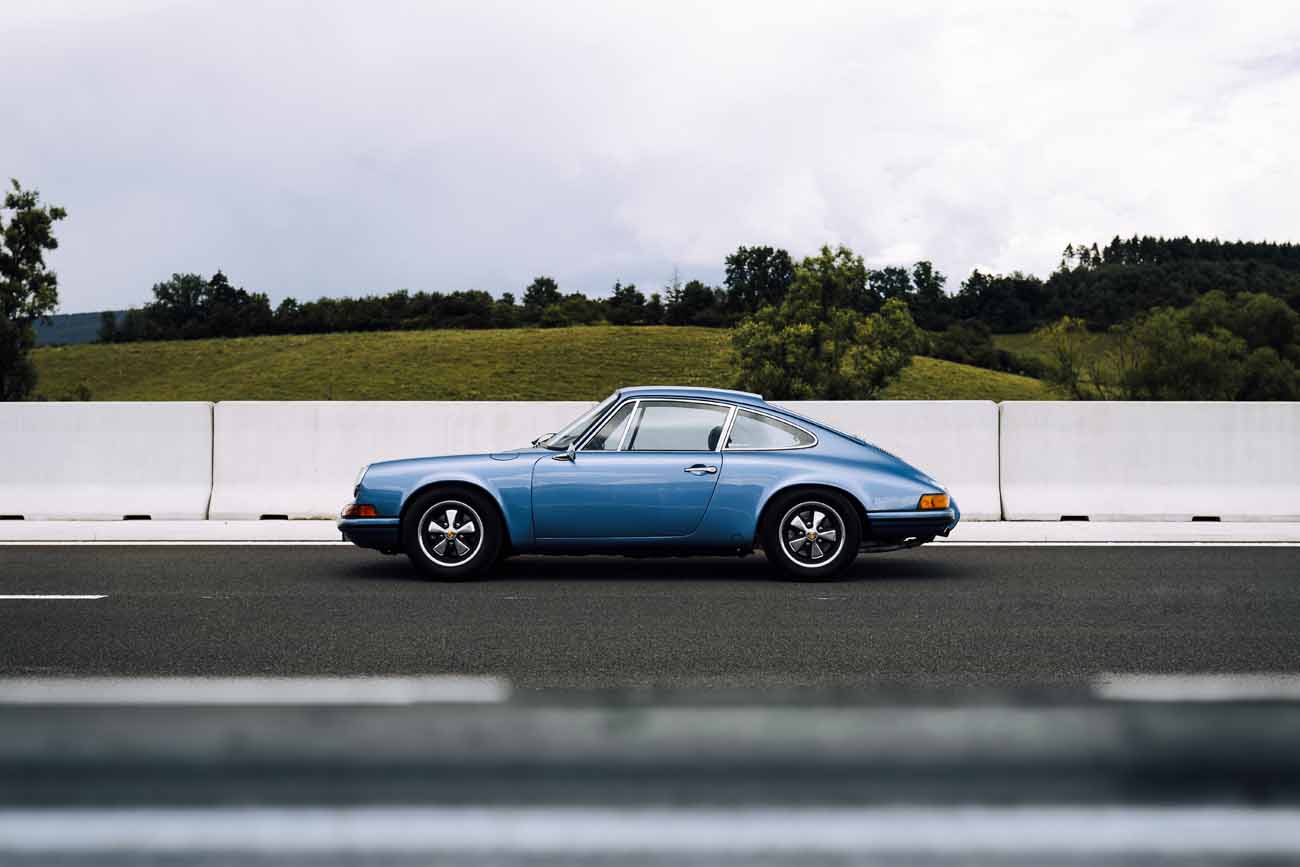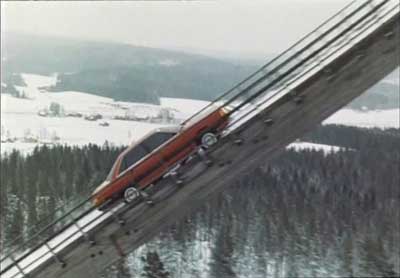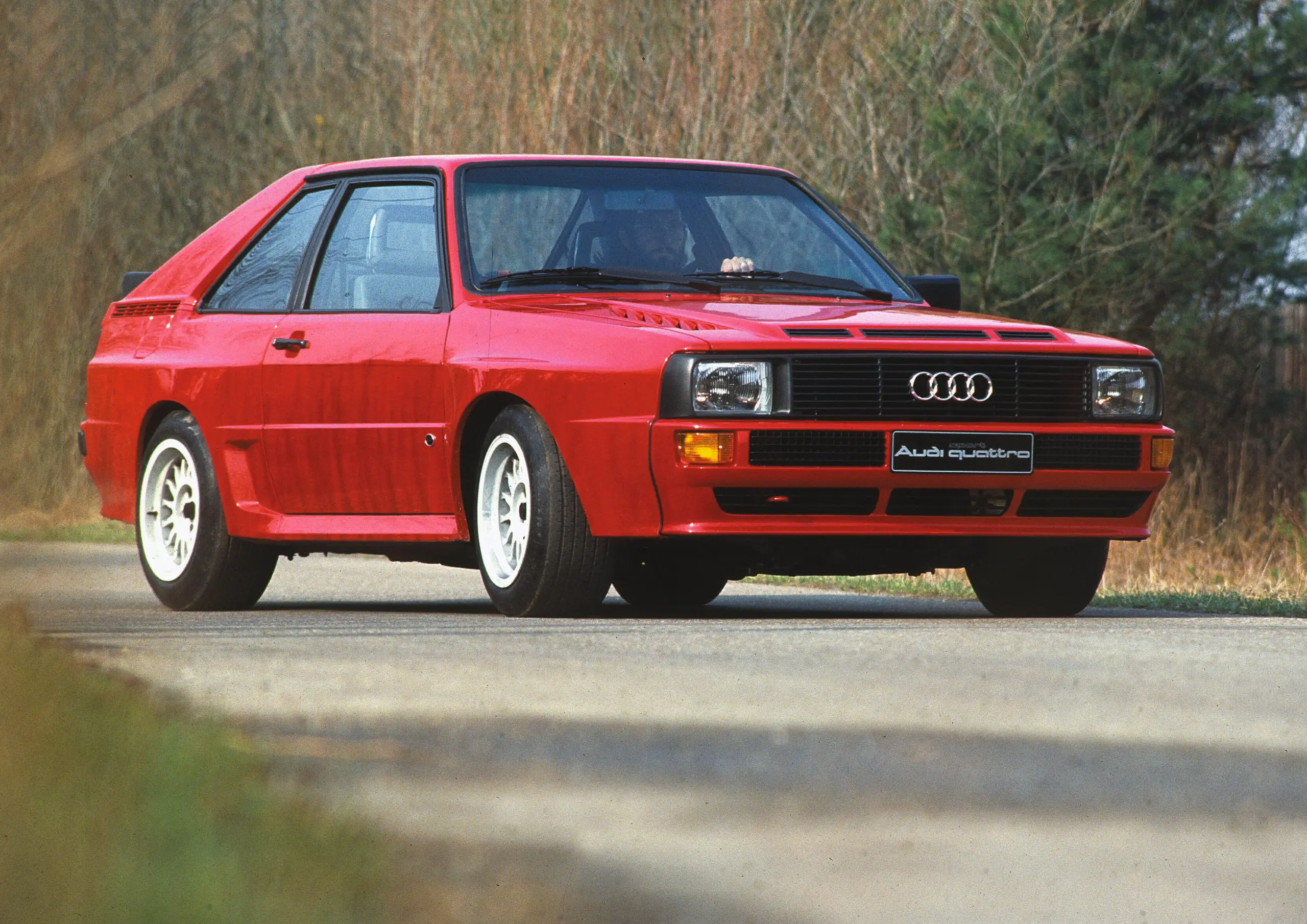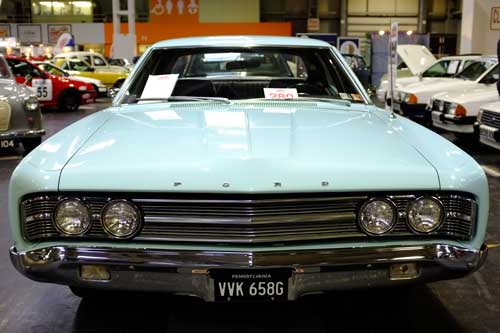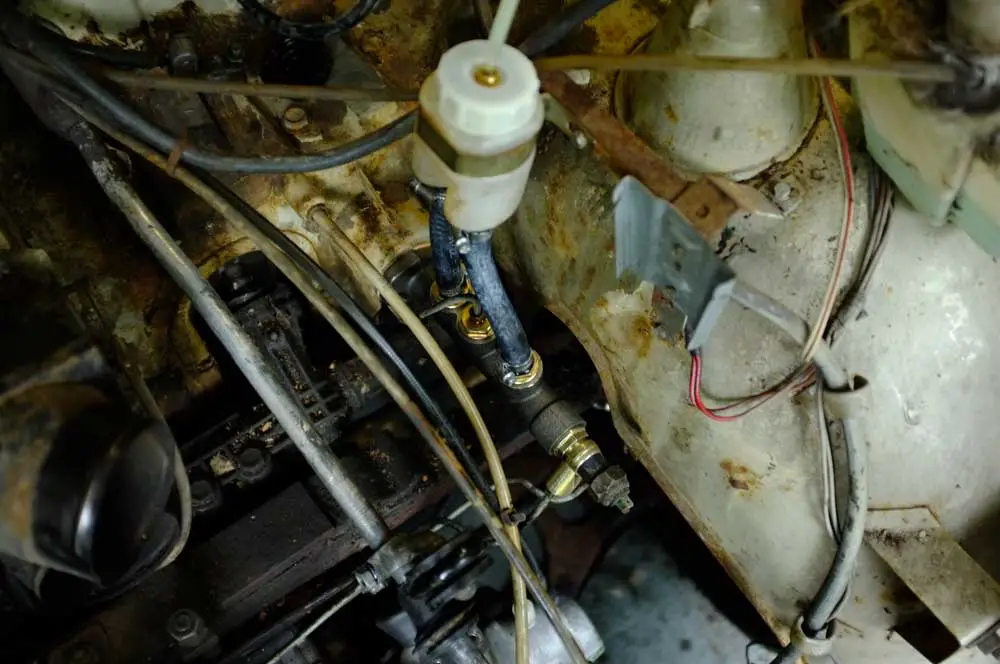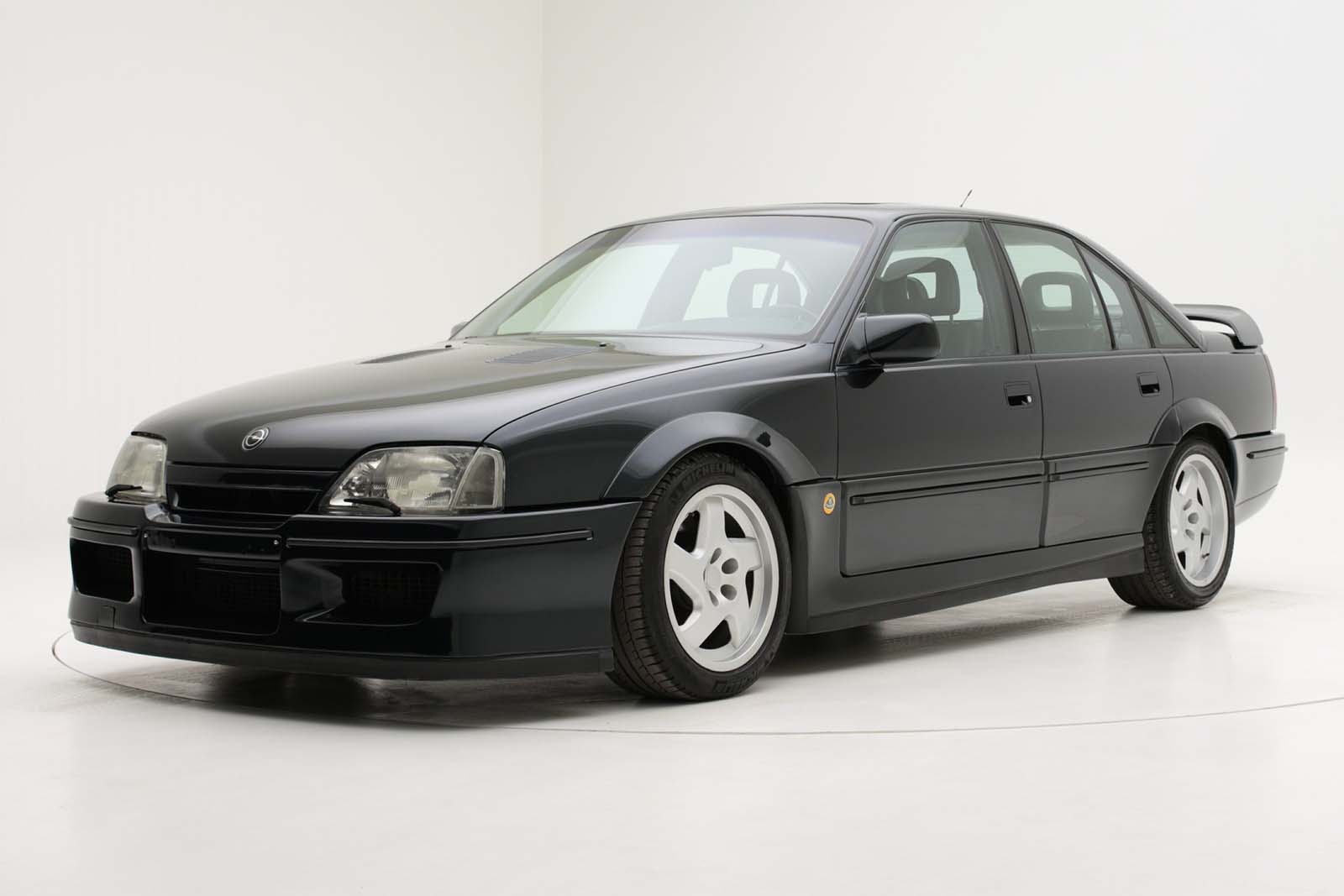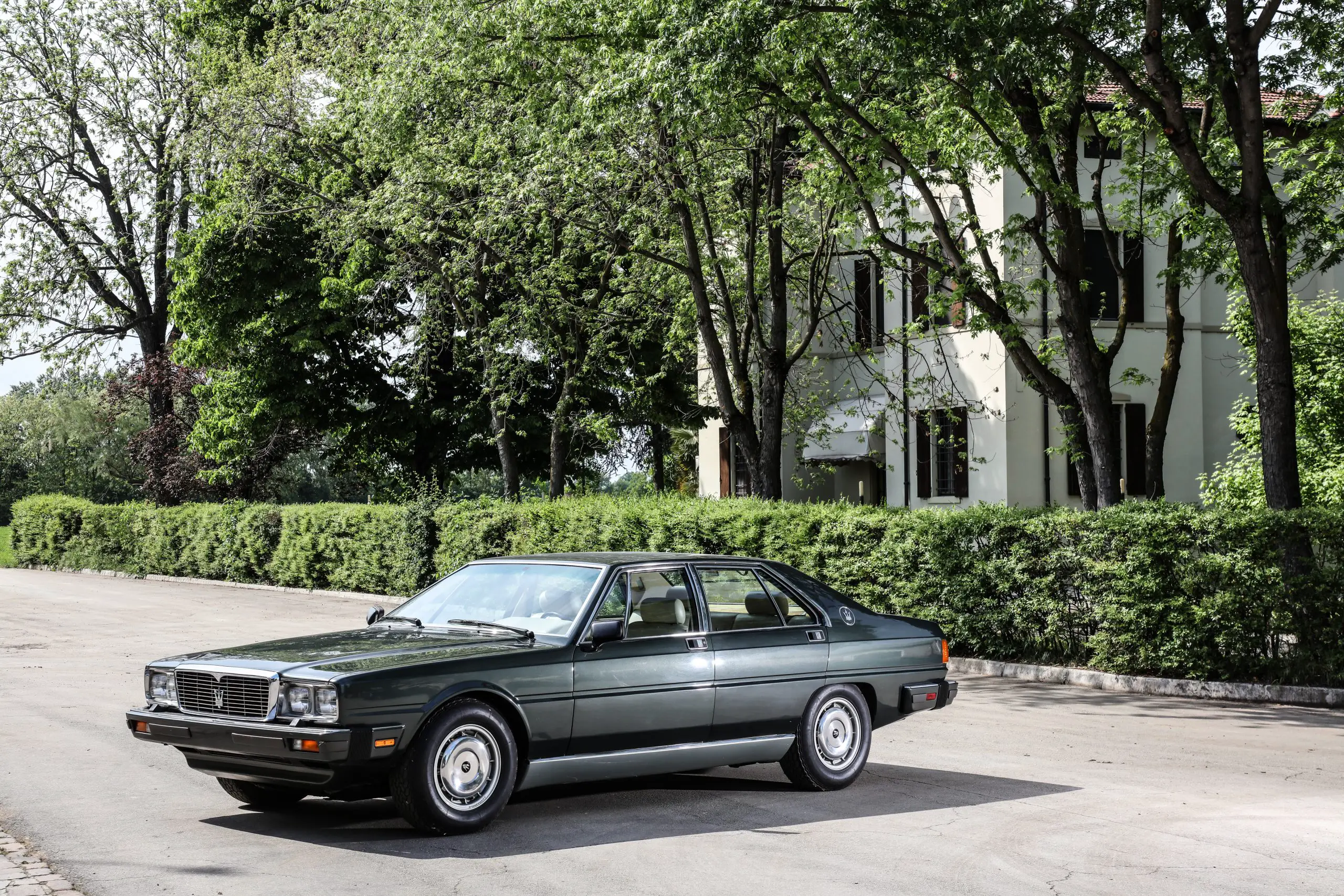
Are Classic Cars Bad For The Environment?
- A New report from UK insurer Footman James shows classic cars damage the environment less than modern equivalents.
- The average classic car emits 563kg of CO2 per year. A New car has an immediate carbon footprint immediately after production of 6.8 tonnes.
- An Electric car produces around 26 tonnes of CO2 during manufacture, it would take the average classic car over 46 years of driving to achieve.
- Even though a modern car is more efficient and uses less fuel, the manufacturing costs cancel this out.
Is your classic car as bad for the environment as people say? Well, as it turns out that may not actually be the case.
Footman James, a major specialist insurer in the UK, have produced a report from their research into the collector vehicle industry and as a part of that looks into the environmental impact.
Now it’s not quite as clear cut as it suggests, but for anyone that has studied engineering will probably be familiar with the term ‘life cycle analysis’. This takes into account the total energy and material costs of a product.
For example, back in 1999 the best car to buy from a life cycle cost perspective was a Jeep Wrangler. Yes, the basic and old fashioned small off roader was the one to have. There’s a good reason for this, it was simple to make, simple, not to mention cheap, to repair. The pressings for the panels were uncomplicated so tooling was also simple. The chassis was basic and easy to assembly and the engine somewhat under stressed and again simple if not exceptionally economical.
At the point of use things are different with Nitrogen Oxides being higher than some others, but it met the current envirnmental standards at the time.
Add Your Heading Text Here
Manufacturing is a huge cost, not just in energy, but in raw materials too. All that aluminium, copper and steel takes energy to dig up and turn into cables or sheets to press. Then the pressing or forging of parts uses a lot of energy and the more complex the car, the higher the energy cost and material count.
Polestar did some work last year and determined that it produced somewhere in the region of 26 tonnes of CO2 to make their 2 model. Doesn’t mean much until you compare that with the carbon footprint of a ‘conventional’ car with an internal combustion engine of 6.8 tonnes on average.
Footman James’ research found that in the UK the average classic car produces 563 kg of CO2 per year in use. This isn’t very much and reflect the actual usage, which in many cases means relatively few miles. There are people who use their old cars all the time, but it can be quite an undertaking to keeping them on the road.
This may not be practical for everyone and I’m not suggesting that anyone should or even buy a classic to do so. However, with the manufacturing cost already been paid, an old car doesn’t attract this. But that could be said for any used car, a year old, ten, 20 or even more years. In the UK the government levies an extra tax on more expensive new cars, which pretty much will encompass all before long. If the environmental concerns ore moving to manufacture then maybe there will be a large tax to pay on any new car, best not give governments the idea…
They also found that classic car owners have climate concerns and that owners are open to carbon offsetting schemes.
“Speaking to our audience, we’re glad to discover that a substantial portion is concerned about the effects of climate change, and many would sign up for emissions offsetting schemes. The future of classic cars is in our hands, and we must do everything we can to ensure they stay on the road.”
The good news is that classic car owners shouldn’t panic just yet, but with governments across the west going after what is essentially an easy target the report does us all a big favour.
Is it biased? Maybe, being from a classic specialist insurer they have a vested interest. But the data and facts that have been supported by Polestar and well known in the industry across manufacture is going to be hard to argue with.
Are electric cars the answer here? Maybe not, but I’ve nothing against them. I do see great benefits in smaller, lightweight vehicles. Electric bicycles, someone buy me a Super 73, electric scooters, small motorcycles and the Citroen Ami for urban use make sense. They use relatively little the way of materials, and therefore less energy to manufacture, but give huge benefits.
Bigger things like cars and SUVs with battery power are less convincing for now. Disposal and recycling of Lithium Ion hasn’t been resolved yet but given time things are likely to change.
Legislation for one thing in favour of another isn’t a good idea, what if something better comes along and the manufacturers don’t want to invest in it because they’d have to spend a fortune to attempt to get governments to change their minds. We’ll end up stuck with outdated technology and that would be a bad thing.
You can download the full report here: www.footmanjames.co.uk/the-indicator-report
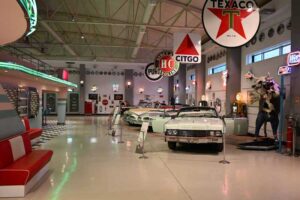
Ural Ataman Classic Car Museum – Istanbul, Turkey
This has to be one of the nicest private collections I have seen, the Ural Ataman Museum in Istanbul, turkey has not only a wide

Tbilisi AutoMuseum Car Museum – Georgia
You may not have heard of this, but the small car museum in Tbilisi Georgia really has quite a lot to see. Buried in an
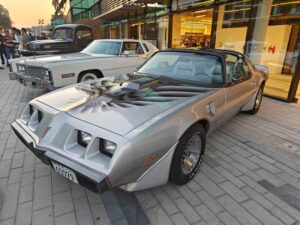
Bahrain Bike Week Classic Car Show December 2024
Bahrain Bike Week is the biggest event of its kind in the Middle East and the 2024 one was no exception. It’s not just the

Ford Motor Company Bring Back Group 5 Mk1 Escort & Group B RS200 With The Help Of Boreham Motorworks
Ford have granted a licence to Boreham Motorworks, a division of the DVRN Automotive Group, to produce new versions of not just the Mk1 Escort
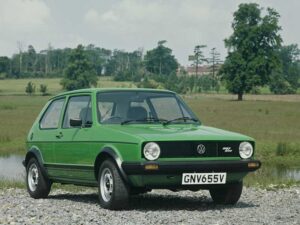
The VW Golf At 50 Years Old
Europe’s number 1 selling car the VW Golf has reached 50 years old this year, starting production on the 29th of March 1974. In
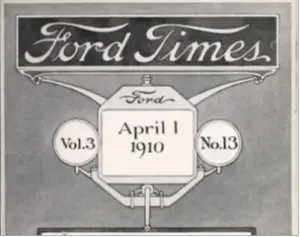
Ford’s Heritage Vault Makes The Ford Times Magazine Available To The Public
Ford’s expansion through the early 20th century was something to behold, the rapid growth of the company and the success of the Model T led
